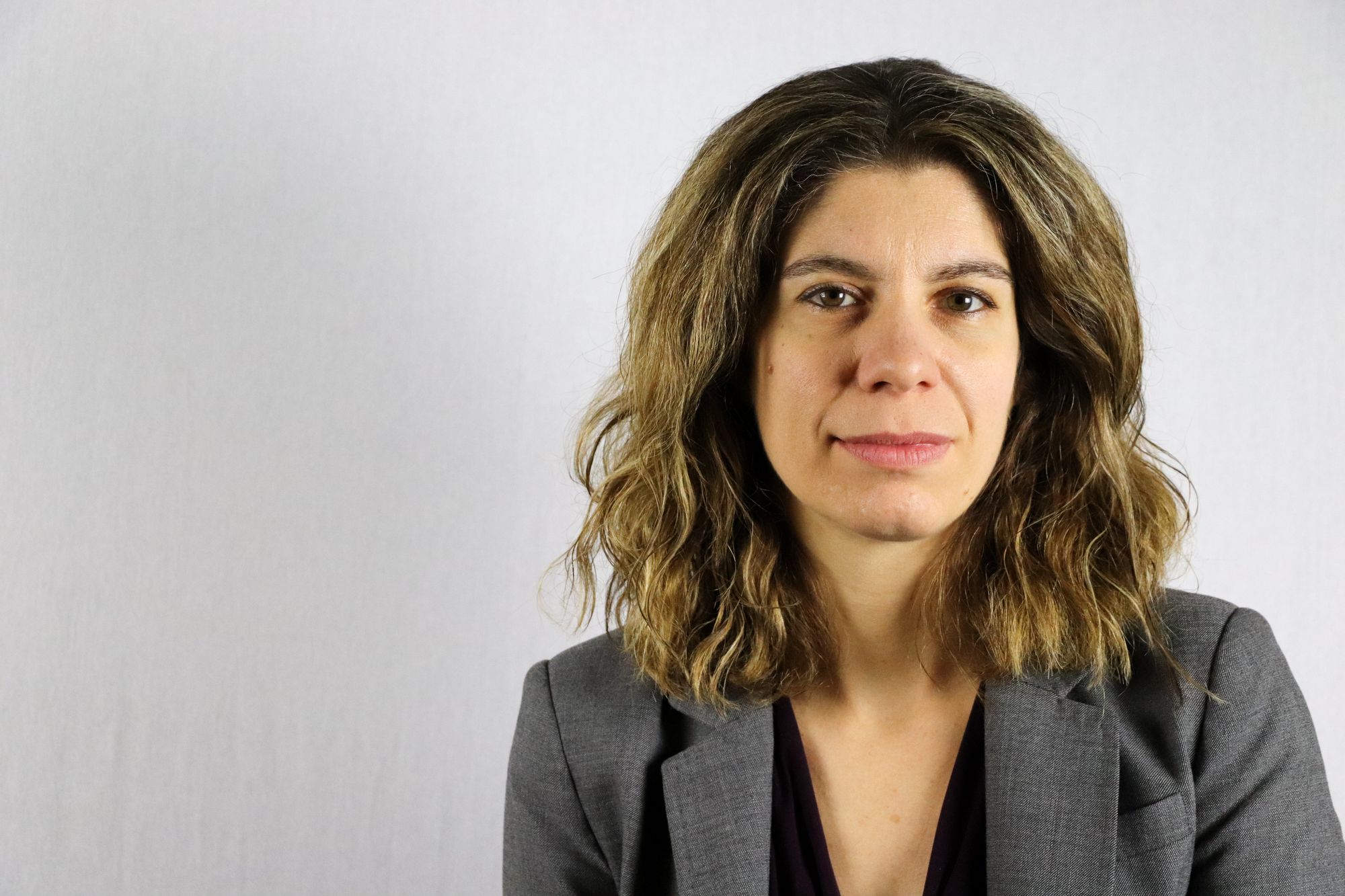
Science explores the parts of our world that are still unknown and beyond our perceptions, and scientists use instinct to imagine the undiscovered and rationality to test their hypotheses.
Dr. Angeliki Pantazi is an instructor at the Department of Chemistry & Biochemistry of the University of Lethbridge. Dr. Pantazi is also a co-founder and the Scientific Officer of the Southern Alberta Genome Sciences Centre, a research institute at the University of Lethbridge that specializes in the development of genomics and computational methods to advance precision health and smart agriculture. Dr. Pantazi has been trained as a medical geneticist and worked with patients suffering from genetic diseases while she has a long research track in the field of genomics.
What is your area of study?
Cancer genomics and genomics of rare diseases.
What excites you about science?
Science explores the parts of our world that are still unknown and beyond our perceptions, and scientists use instinct to imagine the undiscovered and rationality to test their hypotheses. I find science exciting because it challenges me intellectually. It compels me to learn new knowledge, new methods, and encourages me to keep on asking "why".
What sparked your interest in science?
Working as a physician often made me wonder about the causes of the diseases my patients suffered from and why patients with the same disease oftentimes differed dramatically in terms of the severity of their symptoms and/or their clinical outcome. That prompted my interest in genetics and led me to pursue a research career in medical genetics.
Tell us about the first time you felt really excited about what you were learning in science.
As a medical geneticist I treated several patients with unclear genetic causes of disease and often became frustrated with the limited knowledge and, thus, the inability of the medical community to help those patients. I remember reading in 2009 about the first use of genomics to elucidate a family's undiagnosed disease and end their long diagnostic odyssey. That was my aha moment and the revelation that, instead of looking at one DNA location at a time as a geneticist, I had to embrace genomics and examine the human genetic material as a whole as a genomicist to make a real difference for the patients.
What do you hope to accomplish through your scientific research and/or work?
I hope to help dismantle misinformation, discourage opinions and beliefs being presented as facts, and help amplify accurate scientific information.
What words of inspiration would you like to share with the next generation of women & girls in science?
Be genuine, audacious and self-confident. To find one's path, it often takes hard work, persistence and a bit of luck so do not get discouraged by obstacles. Choose your role models carefully and aim to surpass them. The world is out there for you, go and get it!